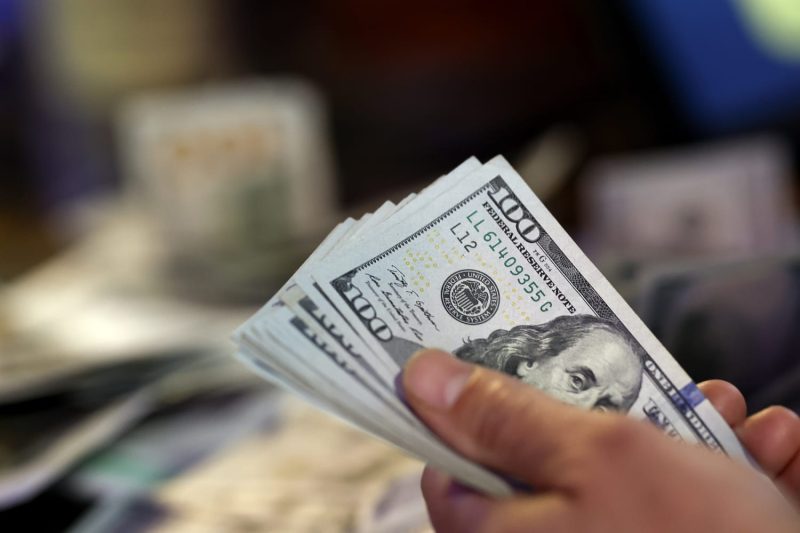In the realm of personal finance, uncertainty can often lead to financial anxiety. Recently, some experts have raised concerns about the increasing odds of a recession looming on the horizon. With the economic landscape looking more volatile, it becomes imperative for individuals to reassess and strengthen their financial preparedness, particularly in terms of emergency savings.
In the face of a potential recession, having a sufficient emergency fund can be a financial lifeline that provides a buffer against unexpected expenses or income disruptions. Experts recommend having a sizable emergency savings fund that can cover at least 3 to 6 months’ worth of living expenses. This vital financial cushion can help individuals weather the storm of a recession without having to resort to drastic measures such as dipping into retirement savings or accumulating debt.
What constitutes an appropriate amount for an emergency fund can vary depending on individual circumstances such as income level, expenses, and job stability. Those with more stable employment may lean towards the 3-month threshold, while self-employed individuals or those in precarious job situations may opt for a more robust 6-month safety net. It is essential to consider personal factors and potential risks when determining the ideal emergency fund size.
Building an emergency fund requires a disciplined approach to saving and budgeting. One effective strategy is to automate savings by setting up automatic transfers from your checking account to a dedicated emergency savings account. This ensures consistency in saving and removes the temptation to spend the funds on non-essential purchases. Cutting back on discretionary spending and redirecting those savings into the emergency fund can also accelerate its growth.
In addition to the traditional savings account, individuals can explore other avenues to optimize their emergency fund. High-yield savings accounts or certificates of deposit (CDs) offer higher interest rates compared to standard savings accounts, allowing your money to work harder for you. However, accessibility and liquidity should be balanced with the potential for growth when choosing where to park your emergency savings.
While the prospect of a recession may feel unsettling, proactively strengthening your financial foundation can provide peace of mind and resilience in the face of economic uncertainty. By prioritizing the building of an emergency fund tailored to your specific needs and circumstances, you can fortify your financial well-being and navigate potential challenges with confidence. Remember, in the realm of personal finance, preparedness is key, and having a robust emergency savings fund is a prudent step towards financial security and stability.




























